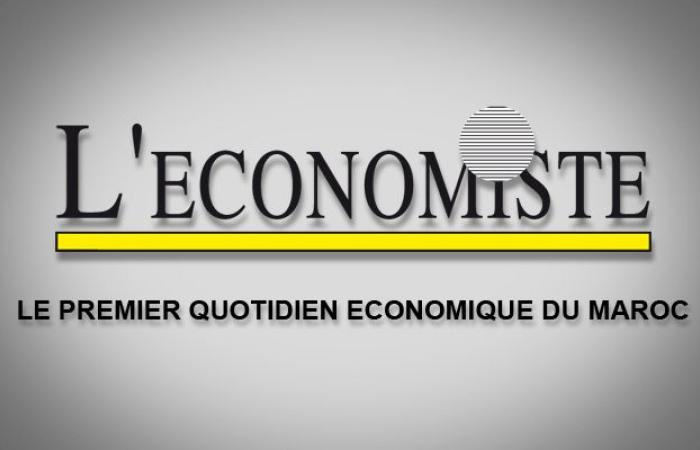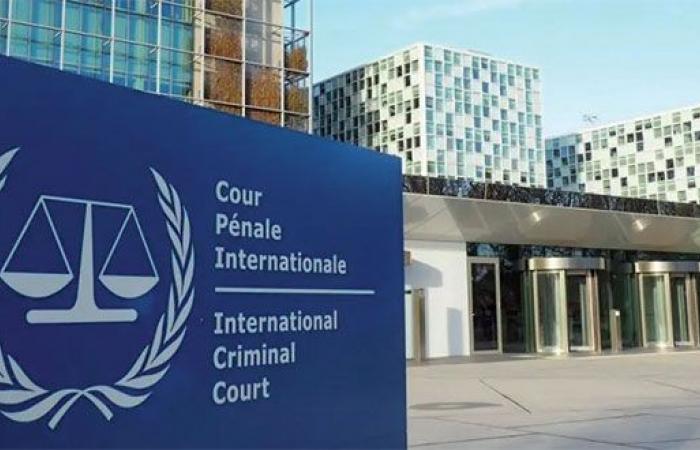This November 21, the International Criminal Court issued three arrest warrants as part of its investigation into the situation in Palestine, open since 2021. Two Israeli leaders are targeted – Prime Minister Benjamin Netanyahu and the former Minister of Defense. Defense (December 2022-November 2024) Yoav Gallant – as well as the head of the armed wing of Hamas, Mohammed Deif, presumed dead since last July. These three people are accused of war crimes and crimes against humanity. The charges are heavy, but the road to trials before the Court in The Hague is still long and will be strewn with pitfalls.
It therefore took six months, compared to three to six weeks usually, for the three judges who make up Pre-Trial Chamber I to decide on the issuance of these three arrest warrants, following the filing on May 20 of motions for this sense of the Office of the Prosecutor of the Court, headed by British lawyer Karim Khan. In the entire history of the Court (created by the Rome Statute in 1998), never has such a long delay been observed for the issuance of arrest warrants by the judges of the Court. This is for several reasons. First of all, since the opening of a preliminary examination by the Office of the Prosecutor, then led by Gambian jurist Fatou Bensouda, in 2015, then an examination by the same Prosecutor in 2021, the Court has made the subject and continues to be the subject of unprecedented pressure, threats and sanctions, instigated by Israel and some of its allies, first and foremost the United States.
Remember that Israel and the United States are not among the 124 States parties to the Court. Added to this are the numerous attempts by certain States parties to the Court (mainly Germany and the United Kingdom) aimed at delaying the procedure. These States challenge the Court’s jurisdiction to investigate crimes committed by Israeli citizens in Palestine, asserting that under the Oslo Accords, Palestine does not have criminal jurisdiction and therefore cannot request a criminal investigation of the ICC.
On September 26, Israel also contested the Court’s jurisdiction over its nationals. But in the November 21 decision, the judges found that“it is not necessary for Israel to accept the jurisdiction of the Court, since the Court can decide the matter on the basis of its territorial jurisdiction over Palestine.” Indeed, on April 1, 2015, Palestine became the 123rd State party to the International Criminal Court, after ratifying the Rome Statute.
The reluctance of Israel’s allies
Palestine then gave the Court jurisdiction to investigate crimes committed on its territory since June 2014 and falling under the Rome Statute. It is on the basis of this territorial jurisdiction that the Prosecutor’s investigation is being carried out, and it is on this same basis that the arrest warrants could be issued.
The warrants cover three people (the request filed by the Prosecutor’s Office on May 20 also concerned Hamas leaders Ismail Haniyeh and Yahya Sinouar, but both have since been killed by the Israeli army). The leader of the armed wing of Hamas, Mohammed Deif, is accused of war crimes and crimes against humanity (murder, hostage-taking, torture, cruel treatment, attacks on personal dignity, etc.) committed on the 7th October 2023 and later. The two Israeli leaders, Benjamin Netanyahu and Yoav Gallant, are also accused of war crimes and crimes against humanity in the context of the war waged in the Gaza Strip since October 8, 2023. They are accused of persecution, of murder, the use of starvation as a method of warfare, inhumane treatment, etc. For the Court, the alleged crimes against humanity committed by the two Israeli leaders “are part of a widespread and systematic attack launched against the civilian population of Gaza.”
If for the leader of Hamas, presumed dead for several months, the issuance of this arrest warrant will not change his situation – even if he were still alive, he would undoubtedly not be able to leave the strip from Gaza and officially go to a foreign country – the legal and political consequences are more important for the two Israeli officials.
Political and legal consequences for Israel
The issuance of these warrants is undoubtedly a major, even historic, moment in the history of the International Criminal Court. For the first time, a State which claims its democratic character sees its main leaders indicted by the international court responsible for prosecuting those responsible for international crimes. They find themselves accused of international crimes, in the same way as Vladimir Putin for example. By finding themselves subject to an ICC arrest warrant, Netanyahu and Gallant have undoubtedly seen their international travel reduced. Indeed, the 124 States parties to the Court (soon to be 125 with the future accession of Ukraine next January) have an obligation to cooperate with the court. This means that if one of the accused were to visit one of these States, it would be obliged to arrest the accused and transfer him to The Hague, seat of the ICC.
It has, of course, already happened that States parties do not respect their obligations towards the Court. For example, Mongolia, a member of the Court, received Vladimir Putin last September. However, it refused to arrest and transfer the Russian president, forcing Pre-Trial Chamber II of the Court to conclude that Mongolia had failed to fulfill its obligations; “given the seriousness” of this breach, it referred the matter to the Assembly of States Parties for the adoption of possible sanctions. However, following the announcement of the issuance of the arrest warrants on November 21, many States announced their intention to comply with their obligations and cooperate with the Court. This is the case for France, Canada, Italy, the Netherlands, Ireland, Norway, etc. The head of European diplomacy, Josep Borrell, affirmed that the EU would respect and apply the Court’s decision, because it is “not a political decision. It is a decision of a court, of a court of justice, of an international court of justice.”
However, you have to be lucid. It is unlikely that Netanyahu and Gallant will be brought before the International Criminal Court tomorrow and that a trial will take place, resulting in their conviction. Israeli leaders will not take the risk of traveling to one of the state parties without a guarantee of not being arrested. The ICC has no police force; it can only count on the cooperation of States.
Still, the simple fact that the two Israeli leaders are considerably reducing their travel marks a success for international justice, which manages to remind us that the violation of international law must have consequences and that Israeli leaders cannot be an exception to the rule. The consequences are more diplomatic and political than legal: it is unlikely that the current Prime Minister and his former Defense Minister will dare to go to Paris, Madrid, Dublin or Oslo any time soon.
Without political will, no international justice
If the issuance of these arrest warrants was necessary to avoid definitively undermining the credibility and legitimacy of international jurisdiction, and more broadly of the international legal order, this major turning point will not produce short-term effects on the conduct of Israeli military operations in the Gaza Strip. According to the UN, since October 8, 2023 more than 43,000 Palestinians have been killed, more than 100,000 others have been injured, and hundreds are missing, probably dead under the rubble.
The new step in the advancement of the investigation in Palestine will not put an end to the systematic violations of international law suffered by the Palestinian population. It is up to political actors, States and the Security Council in particular, to assert themselves as guarantors of international stability, peace and security. However, again this week, the Security Council was unable to adopt a resolution demanding a ceasefire in Gaza, due to the American veto. Proof of this is that international justice may try to enforce international law, but without political will it is unlikely that the war in the Middle East will end soon.
The original version of this article was published on The Conversation








